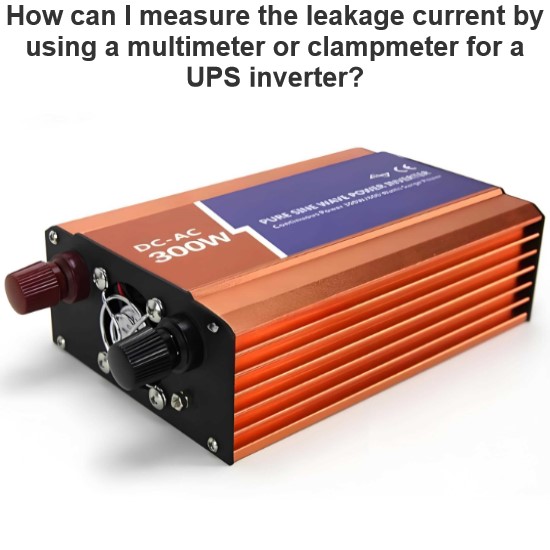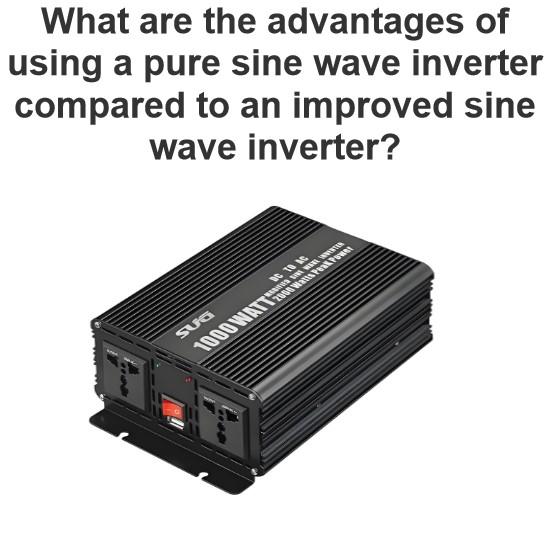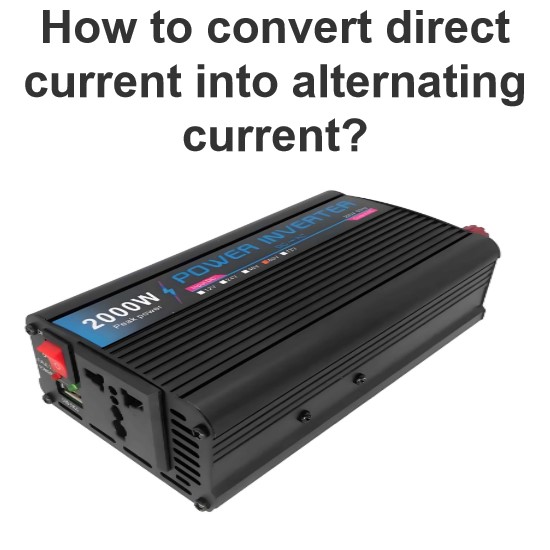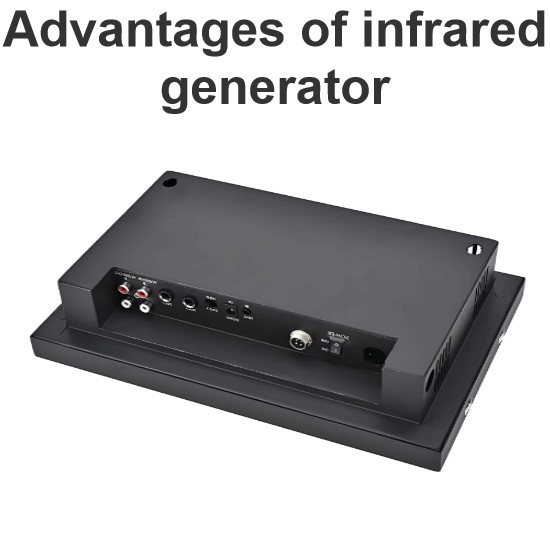What is a Square Wave Inverter?
What is a Square Wave Inverter?
Square wave inverter definition
Square wave inverter is an electronic device that converts direct current into alternating current, and its output alternating current waveform is in the form of square wave.
Working principle
The working principle of the square wave inverter is based on simple switching technology. It uses electronic switches (such as relays or transistors) to periodically turn on and off DC power, resulting in alternating currents. Since the waveform of this alternating current is close to a square wave, it is called a square wave inverter.
Square wave inverter advantages
Simple structure: The circuit of the square wave inverter is relatively simple and the cost is low.
Applicability: Suitable for some simple loads, such as light bulbs, fans, etc., but for some precision electronic equipment (such as computers, televisions, etc.) may not be suitable for use.
Cost effective: For cost-sensitive applications, square-wave inverters are an economical choice.
Disadvantages of square wave inverter
The output waveform contains more harmonic components
Low efficiency
Loud noise
Comparison with sine wave inverters
Output waveform: square wave inverter output square wave AC, sine wave inverter output sine wave AC. Sine-wave AC is closer to the mains waveform and better adaptable to the load.
Conversion efficiency: The conversion efficiency of sine wave inverters is usually higher than that of wave inverters, especially when carrying inductive and capacitive loads.
Cost: The cost of square wave inverter is low, and the cost of sine wave inverter is relatively high.
Applicable load: Sine wave inverters are suitable for a variety of loads, including electronic equipment and motors with high power quality requirements. The square wave inverter is suitable for some loads that do not require high power quality.
In short, the square wave inverter has the characteristics of simple structure and low cost, but the conversion efficiency is low, the applicable load is limited, and the noise is large. When choosing the inverter, various factors should be considered according to the actual application needs, and the appropriate inverter type should be selected.
Application Scenario
Outdoor activities: Temporary power supply for camping, camping and other outdoor activities.
Emergency power: Provides backup power for basic lighting and small appliances in the event of a grid outage.
Simple loads: Power some simple loads that do not require high-quality power.
Conclusion
The square wave inverter has the characteristics of simple structure and low cost, but the conversion efficiency is low, the applicable load is limited, and the noise is large. When choosing the inverter, various factors should be considered according to the actual application needs, and the appropriate inverter type should be selected.
The Electricity Encyclopedia is dedicated to accelerating the dissemination and application of electricity knowledge and adding impetus to the development and innovation of the electricity industry.













